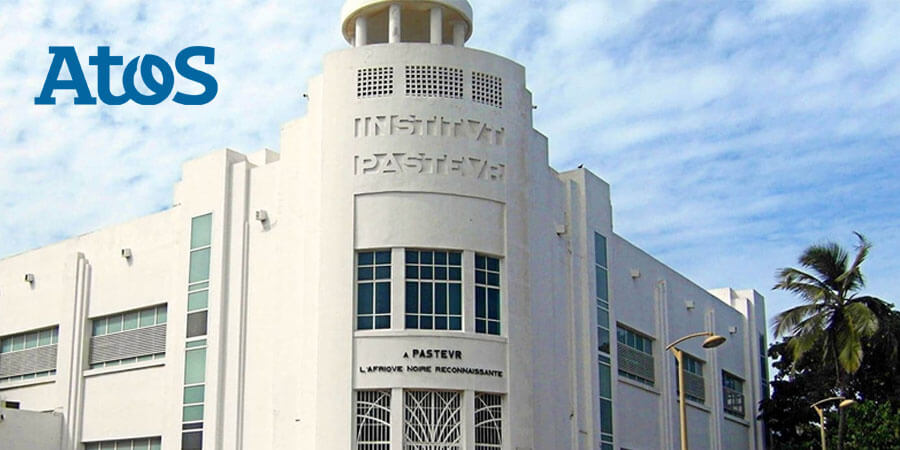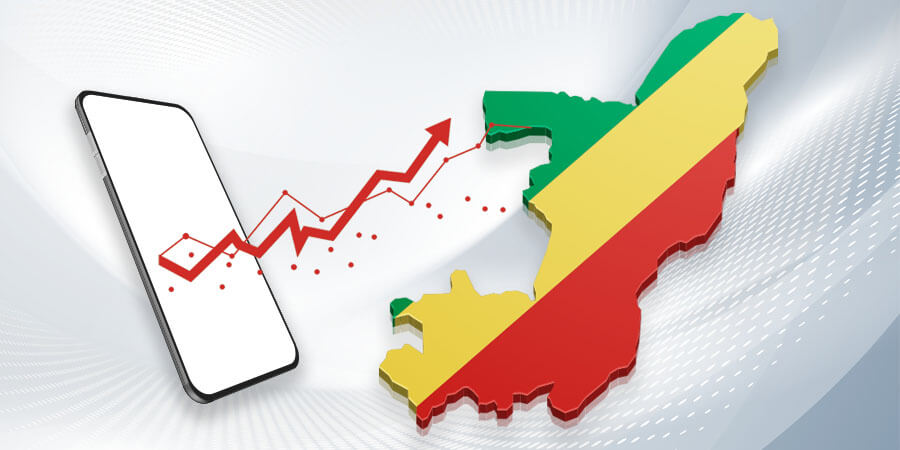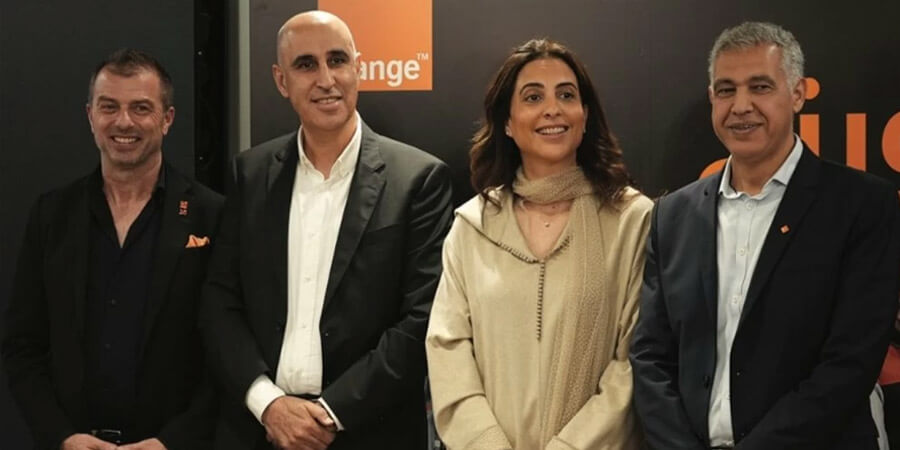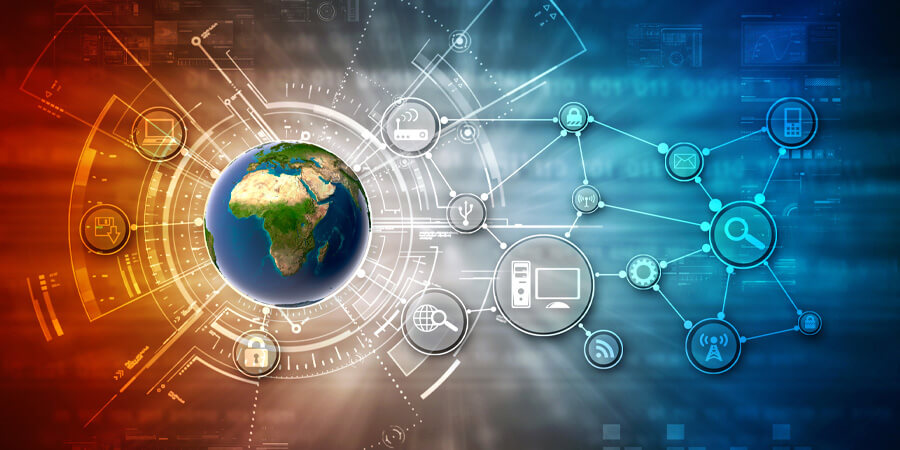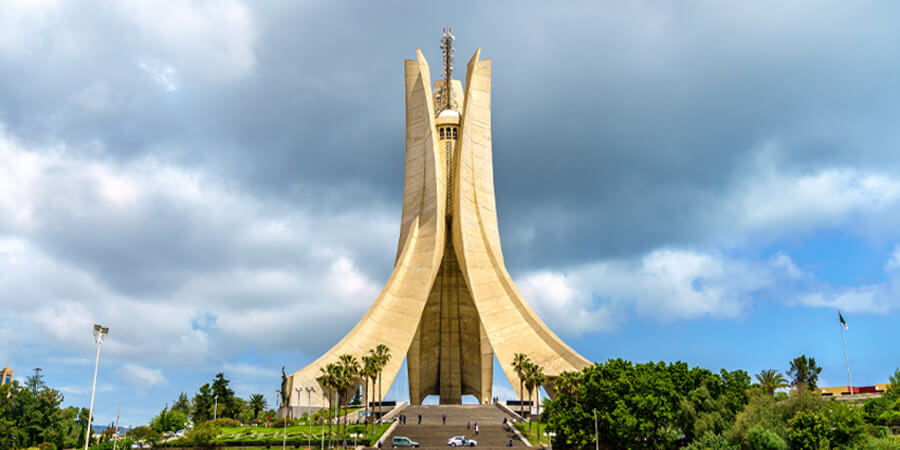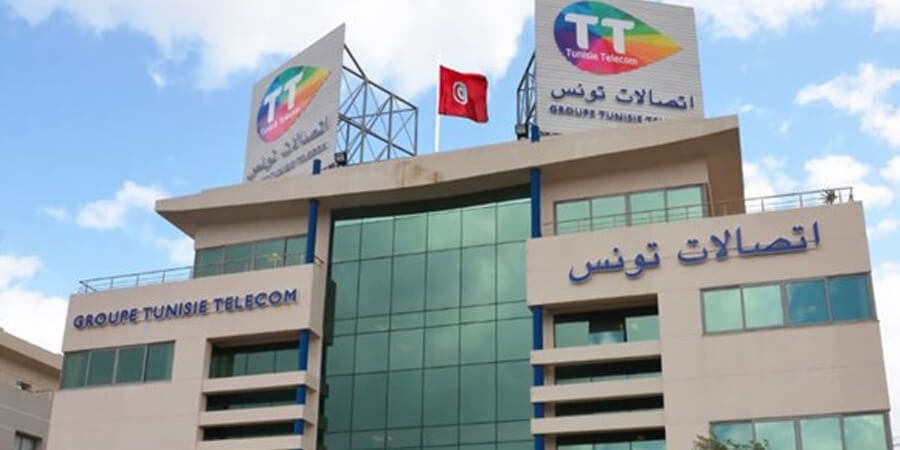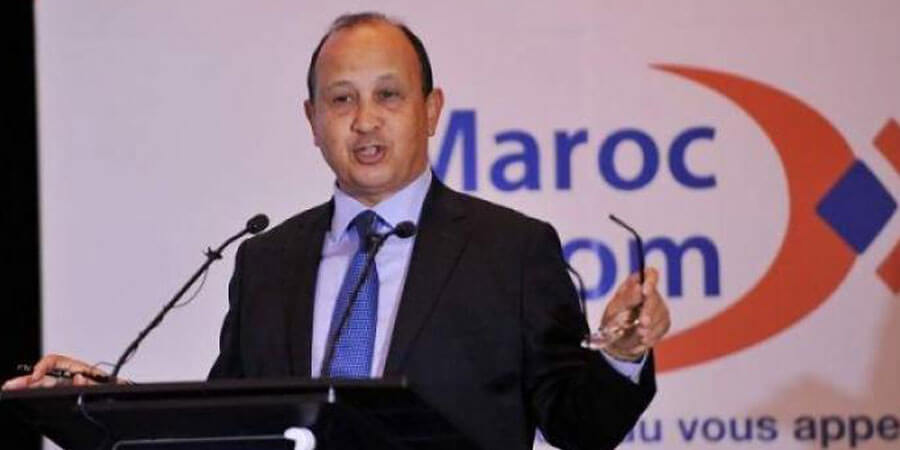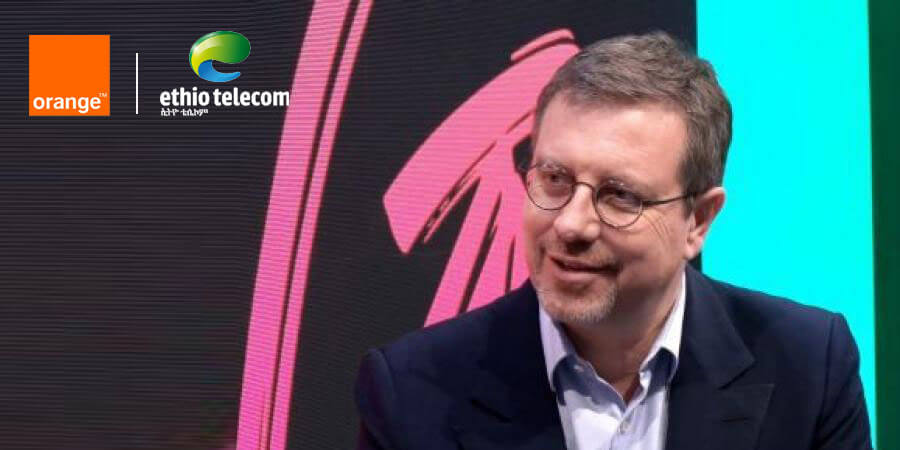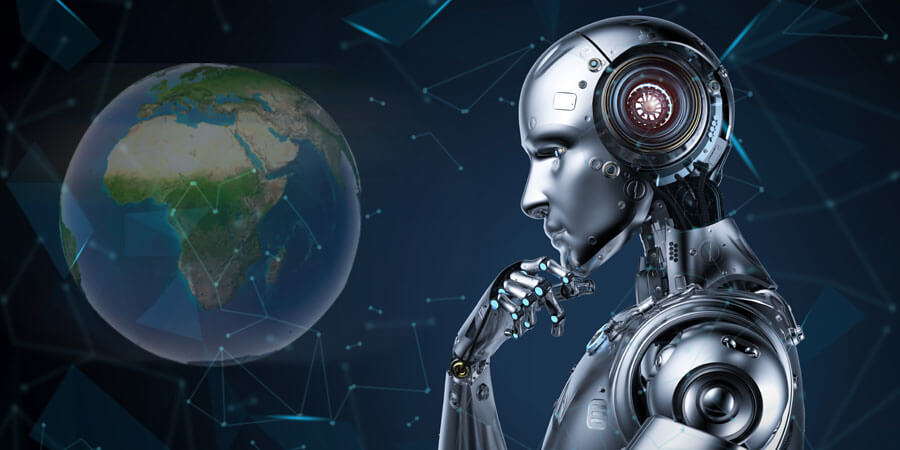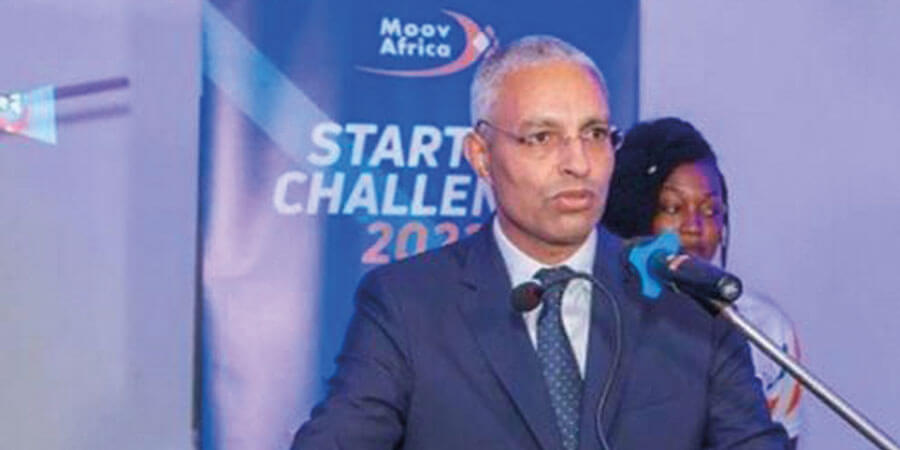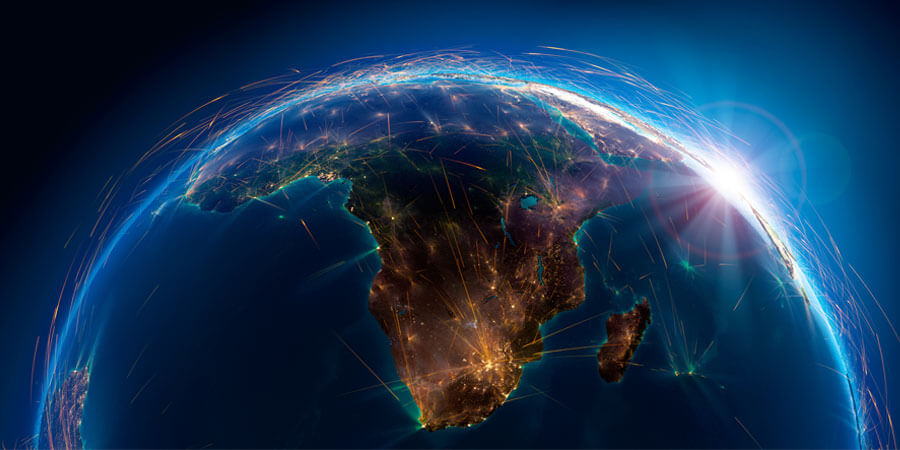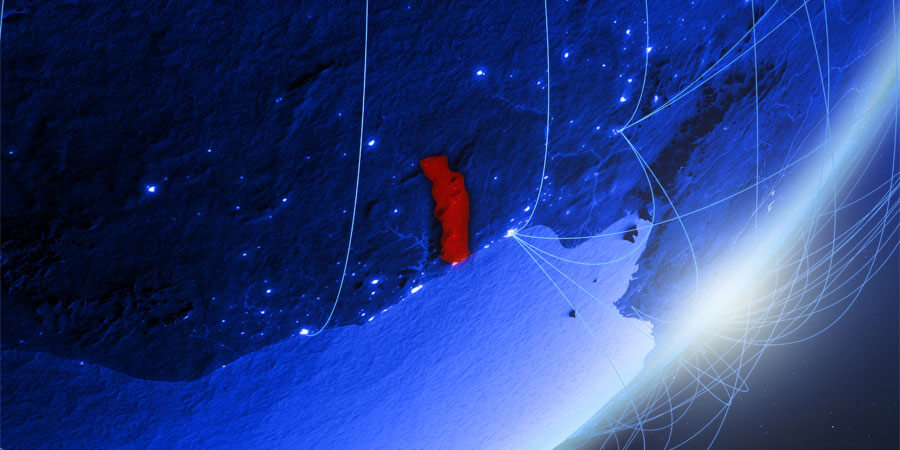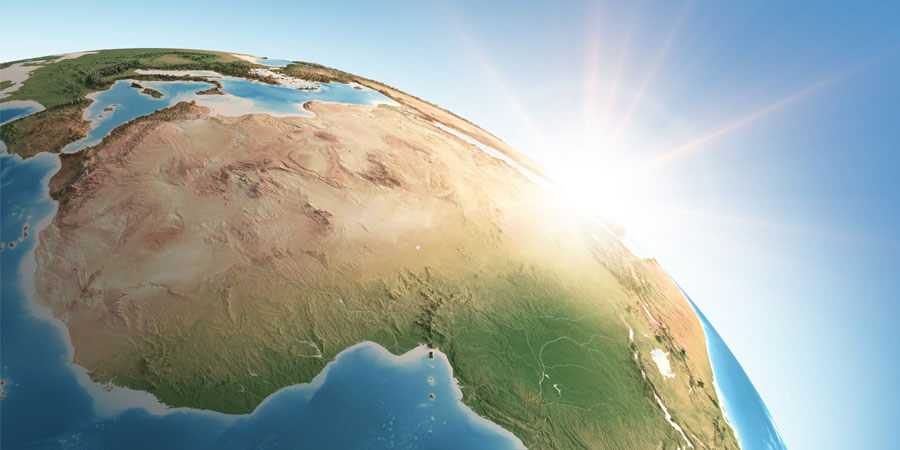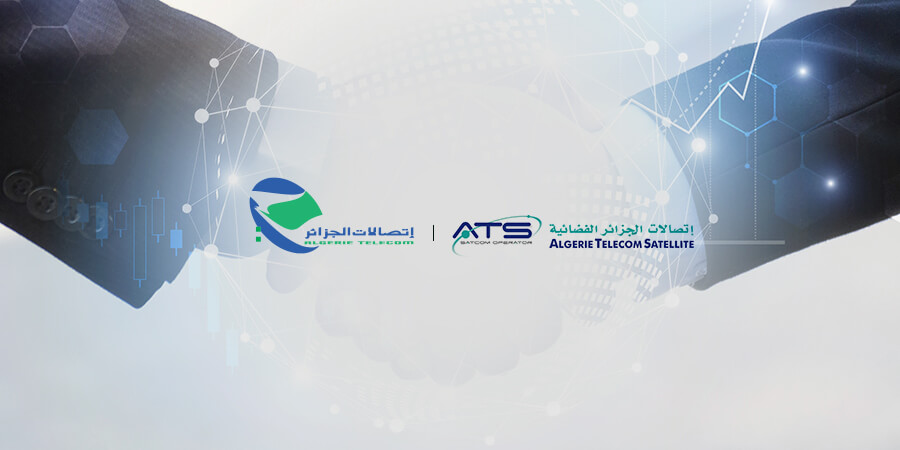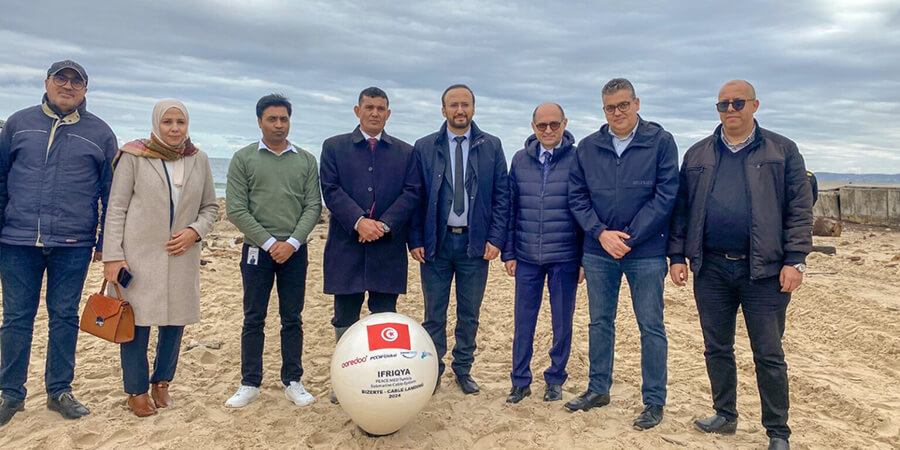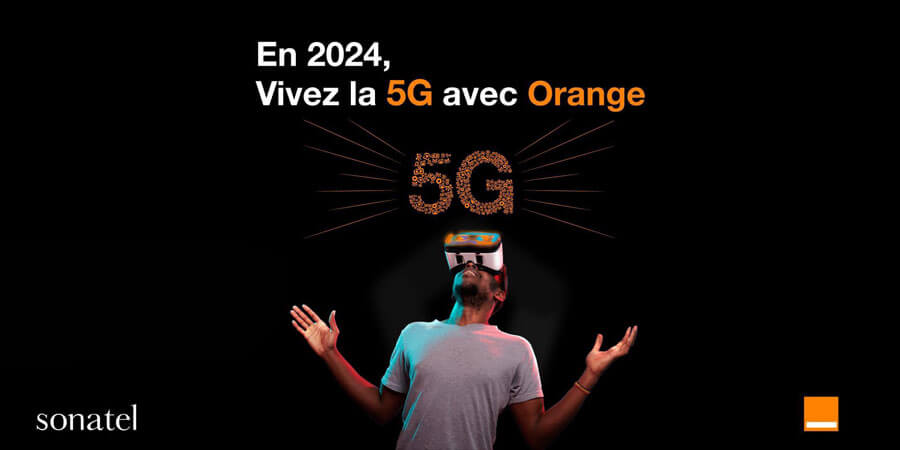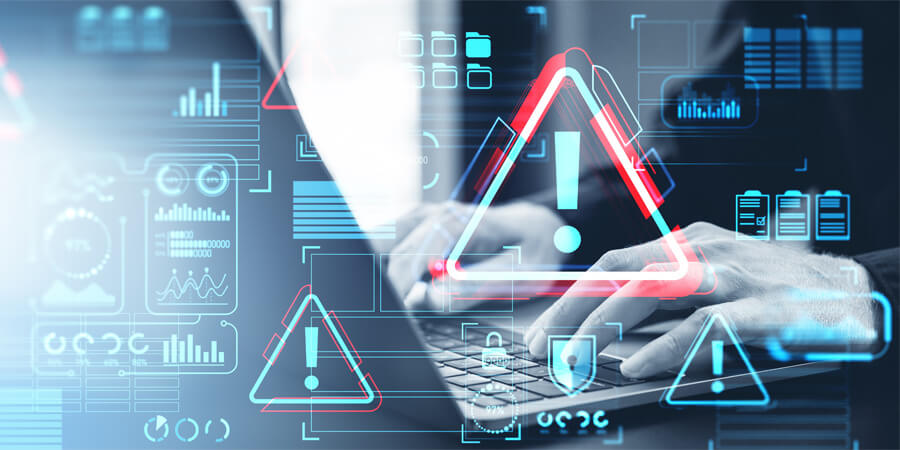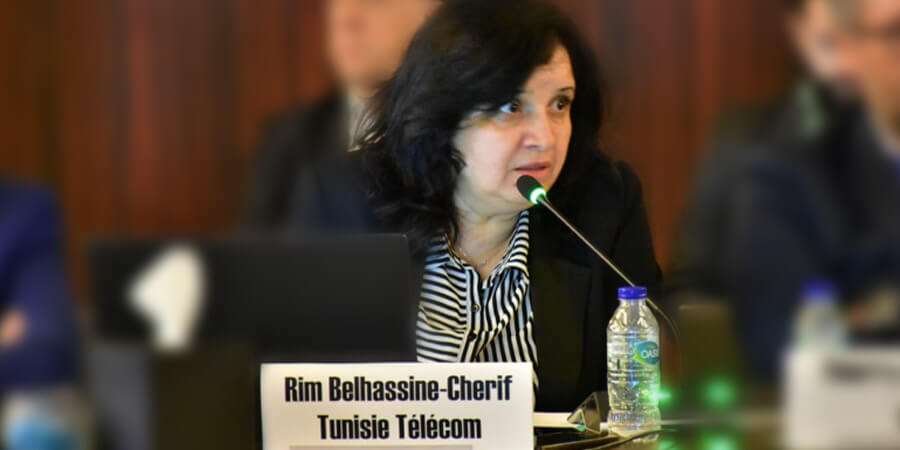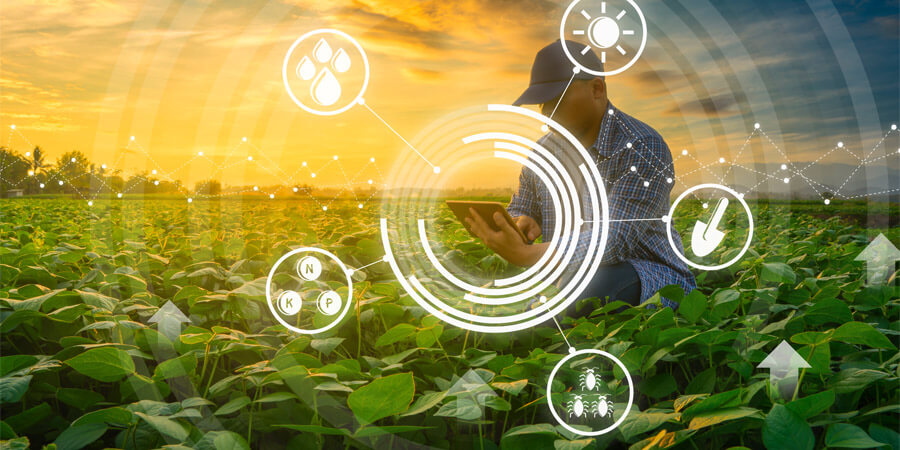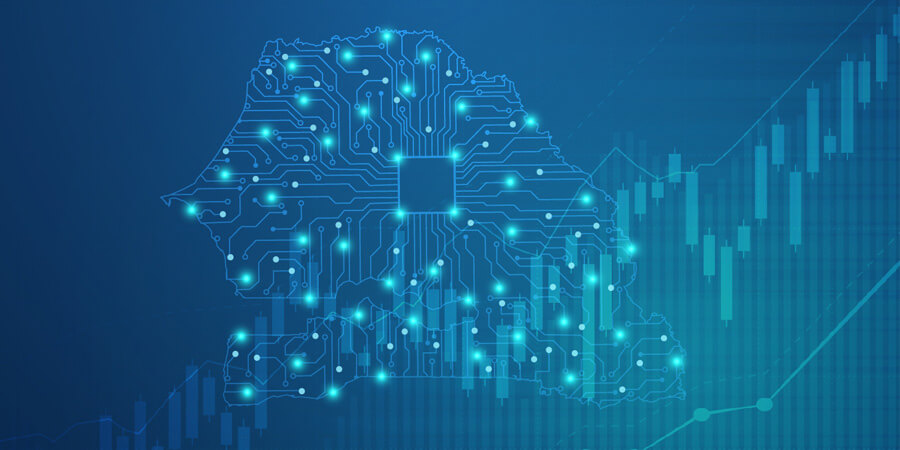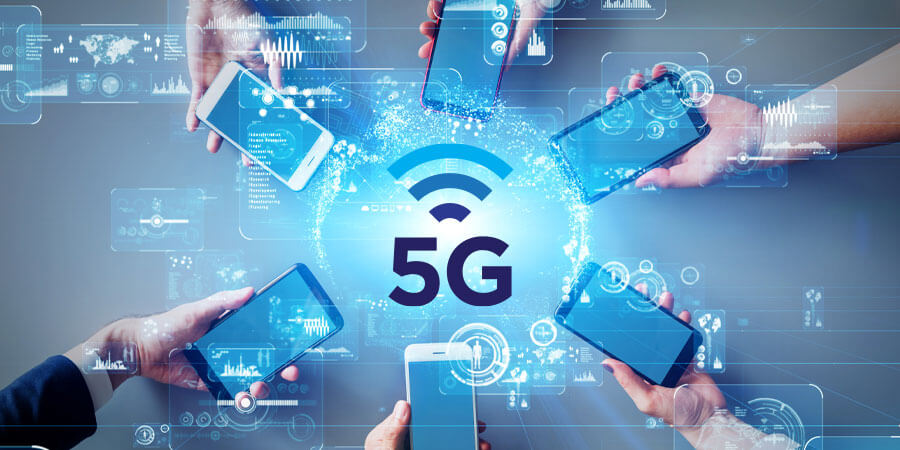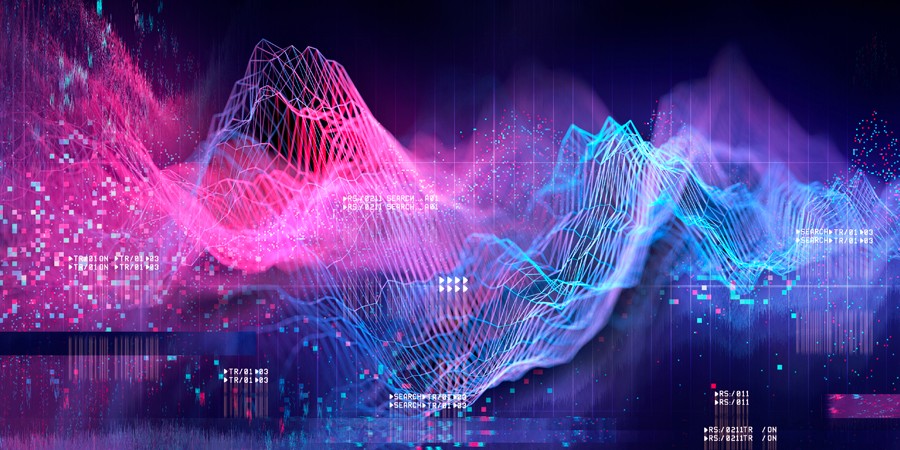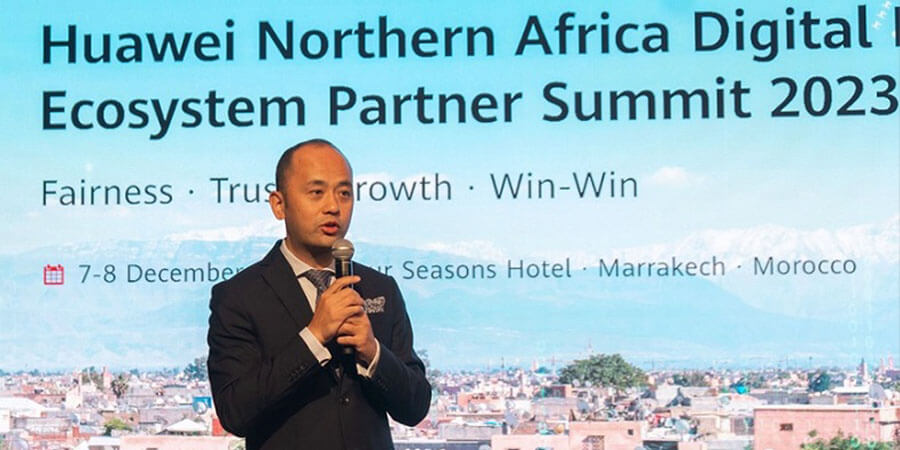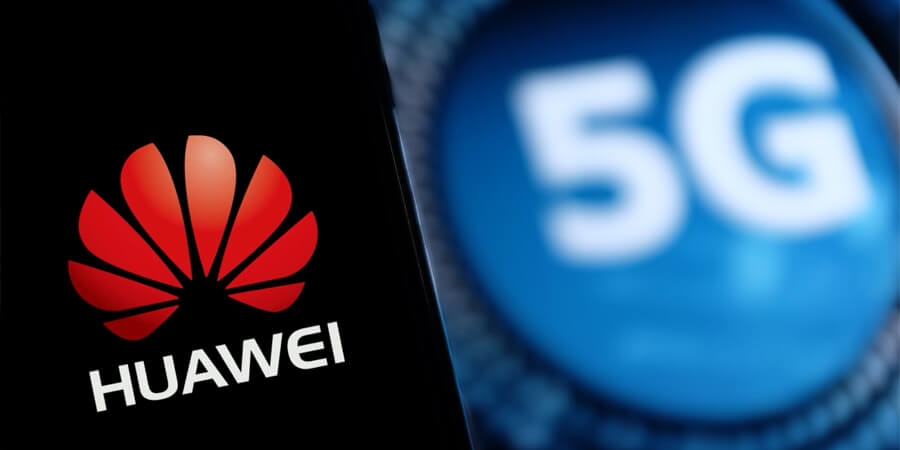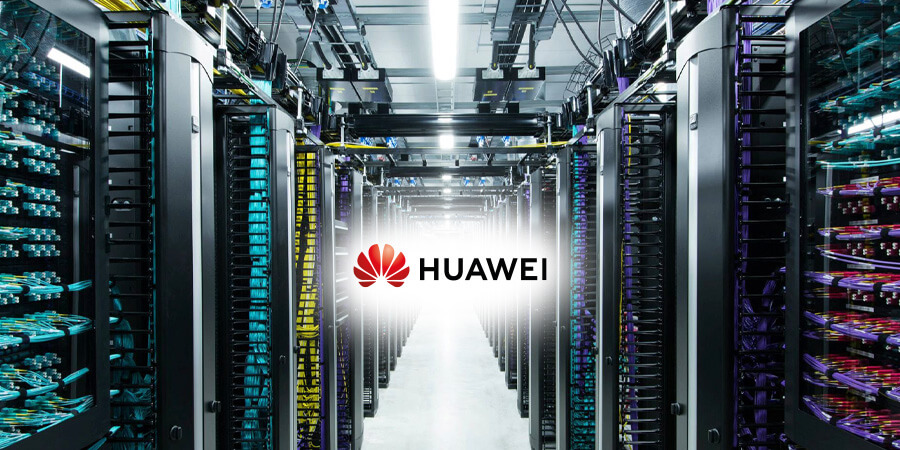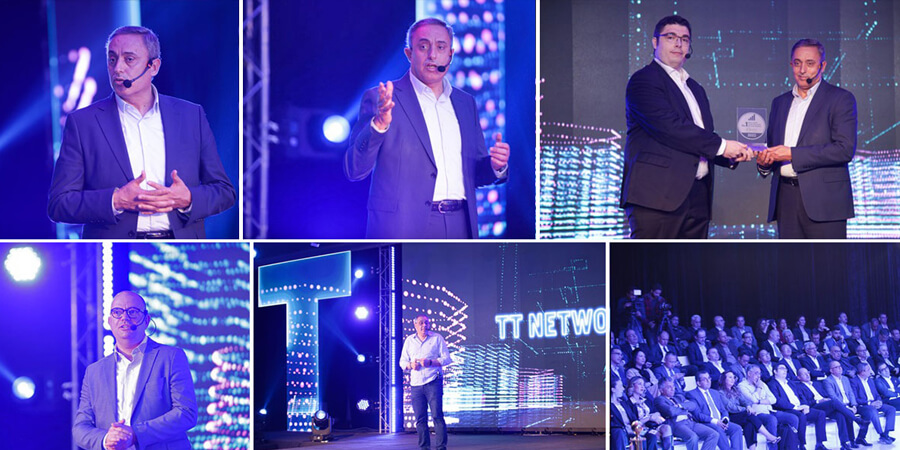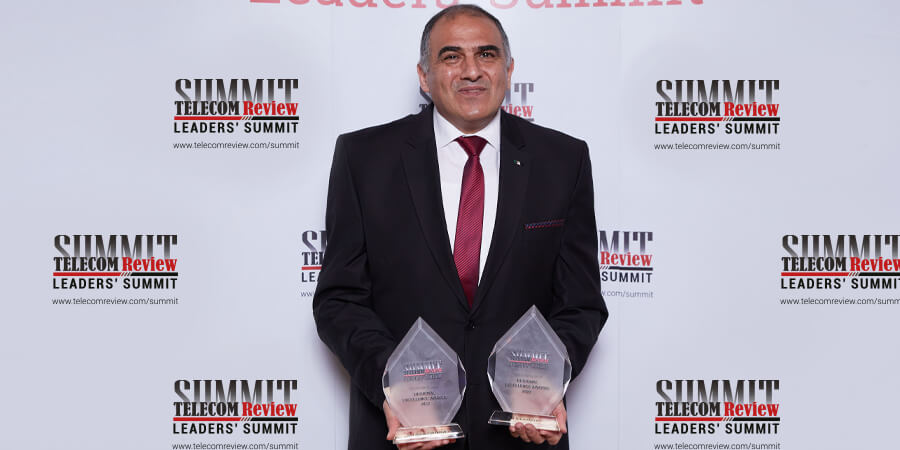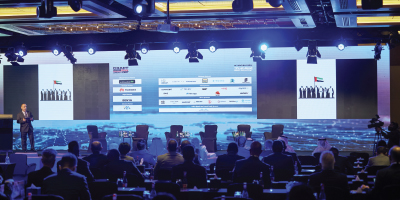We live in an age where everything revolves around data. Modern technology has made it possible to monitor, record and analyze everything around us in a quantifiable form. It also opens up a whole new world of possibilities that businesses can use to their advantage. Datafication is the latest in a series of data-driven, customer-centric business intelligence practices that are now changing the entire business landscape.
To begin with, there is no official definition of “datafication”. It is simply a technological trend turning many aspects of our lives into computerized data and transforming organizations into data-driven enterprises by converting this information into new forms of value. The latest technologies have enabled many new ways to “datafy”, thus creating the new landscape of organizational datafication.
Social platforms are an example of this technology; for instance, Facebook and Instagram collect and monitor data information on friendships and communications to market products and services, and to surveil services which in turn changes our behavior. Promotions that we see daily on social media platforms are also the result of the monitored data. In this marketing model, data is used to redefine how content is created by relying on the more specific datafication instead of recommendation systems to inform content creation.
Impact
While people are more connected than ever, thanks to these rapid advancements in technology, there are other potentially invasive impacts that must be taken into consideration as well:
- Human resources: Using a mobile phone, app and social media data, employers can identify potential employees and their specific characteristics, such as their risk-taking profiles and personalities. Datafication will change existing exam providers rather than relying on traditional personality tests or tests that measure analytical thinking.
- Insurance and banking: data is used to understand an individual's risk profile and likelihood to pay a loan.
- Customer relationship management: The use of datafication is enabling various industries to better understand their customers and create appropriate triggers based on their personalities and behaviors. This data is obtained from the language and tone a person uses in emails, phone calls and social media.
Breakthrough in the World
“We’re entering a new world in which data may be more important than software.” - Tim O’Reilly, founder, O’Reilly Media.
For many years, among tech heavyweights, only Microsoft was on the top ten list of highest valued companies; nowadays, Apple, Google and Amazon share the distinction. So why are technology companies doing so well so far ahead of the rest of the economy? The answer is data. Data is the new infrastructure; the new promised land. History shows that data is simply doing what steam, electricity and computing did before it; data is driving innovation, breakthroughs and betterment in our world.
Moreover, here are some examples that demonstrate why data is more important than software, and how dominant data-driven companies have become:
- Uber – The world’s largest taxi company owns no taxis.
- Skype, WeChat – The world’s largest phone companies own no telco infrastructure.
- Facebook – The world’s most popular media owner creates no content.
- Apple, Google – The world’s largest software vendors write no apps.
From digitalization to datafication
Currently, the interaction between information technology and the public sector is mainly discussed under the label of e-government. The concept of e-government embraces a wide range of interactions between government and society, but in practice, it focuses primarily on the delivery of good services.
Undoubtedly, the leading paradigm for most countries implementing e-government is the “digital front office”. But the scene is drastically changing for e-government, with the introduction of a new wave of technologies, including the Internet of Things, Big Data analytics, robots, blockchain, etc. So, it’s time for e-government to start looking for a new paradigm because the current one of the digital front office is strongly rooted in the Internet-based service-delivery model and is fast becoming obsolete. Although it has been useful for digitalizing government services for many years, it may not fit the changes society will experience as it marches toward the new technology.
The core driving force behind this impact is datafication. This phenomenon is the effect of the combined and encompassing application of computer, telecom and chip technology in most aspects of our societies and our daily lives. Governments are already digitizing at the local level, with Smart Cities gaining popularity rapidly; this smart revolution of cities shows an enormous promise in solving the most daunting of problems.
It is time to turn the tables from digitalization present to datafication future for the e-government community, including government professionals, academics and industry. That way, governments can prepare for their new role in the ever-more digital society, making sure it’s a better place for everyone.
We can no longer imagine a world without data. As these thousands of data points surround us, it's up to us to determine how to harness and handle them. And through this stewardship, we can be sure to improve our lives and the lives of those around us.




